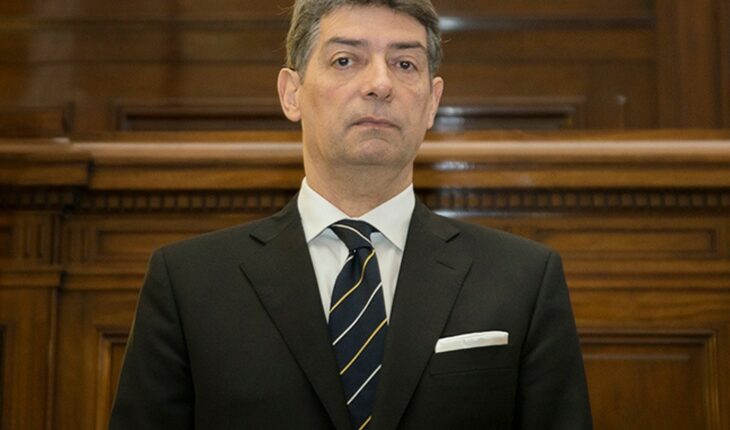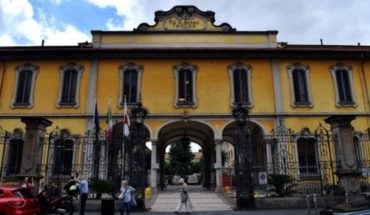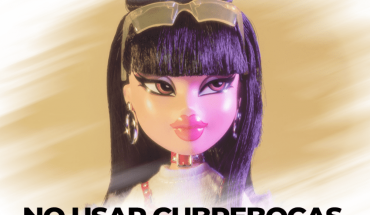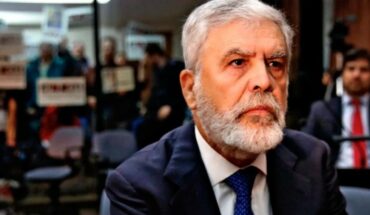The head of the Supreme Court of Justice, Horacio Rosatti, assumes on Monday the presidency of the Council of the Magistracy, which today returns to its old composition of 20 members, after the ruling that declared the 2006 reform unconstitutional. Is it serious that only the journalist Matías Mowszet realized (sic) what is going to happen tomorrow in Argentina your country? How strange… with so many independent and investigative journalists on TV and in the big newspapers. The caste that nobody talks about,” Vice President Cristina Fernández de Kirchner said yesterday, in a thread of tweets in which she criticized the changes that have been in force since 0 o’clock on Monday.
The Council of the Magistracy has three main functions: the appointment of federal and national judges, the removal of magistrates and the administration of the resources of the Judicial Power of the Nation.
He did so by quoting a message from the journalist Matías Mowszet, who explained: Tomorrow (for today Monday) the president of the Supreme Court, Horacio Rosatti, will assume as president of the Council of the Magistracy (the body that appoints and removes judges) thanks to a ruling issued by himself and without leaving his position in the Court, who also won by self-electing months ago.”
Is it really that only the journalist Matías Mowszet realized what is going to happen tomorrow in Argentina in your country? How strange… with so many independent and investigative journalists on TV and in the big newspapers.
The caste that no one talks about. pic.twitter.com/rq2K703WVi — Cristina Kirchner (@CFKArgentina)
April 17, 2022
In 2006, a reform was approved by the vice president – then a senator – that reduced the composition of the judicial body to 13 and left out the highest court. This reform modified the composition of the body and reduced it to 13: 1 representative of the National Executive Power; 2 senators for the majority and 1 for the first minority; 2 deputies for the majority and 1 for the first minority; 3 representatives of the judges; 2 representatives of the lawyers and 1 academic. However, in December of last year, the Court declared the rule unconstitutional and called on Congress to pass a new law within 120 days – which expired last Friday. Otherwise, the rule in force until 2006 would return to apply. According to this rule, the Council must be composed of 20 members: the President of the Court (who presides over the Council), 4 judges, 8 legislators, 1 representative of the Executive, 4 lawyers and 2 academics. The ruling party presented a project – which did not contemplate the integration of the Supreme Court – that expanded the members of the Council to 17. This only obtained the half sanction of the Senate, but not the approval of Deputies, who did not get to deal with it before the deadline established by the highest court. From Kirchnerism they targeted the head of the highest court and resorted to Justice to avoid the composition of the body and paralyze its operation: the federal judge of Paraná, Daniel Alonso, made room for an interim precautionary measure requested by the deputy of the Frente de Todos Marcelo Cassaretto, of Entre Ríos, and ordered the presidents of both chambers, Cristina Kirchner and Sergio Massa, refrain from sending their representatives. These correspond to the opposition, which has already appointed its two representatives, Senator Luis Juez and Deputy Roxana Reyes.





